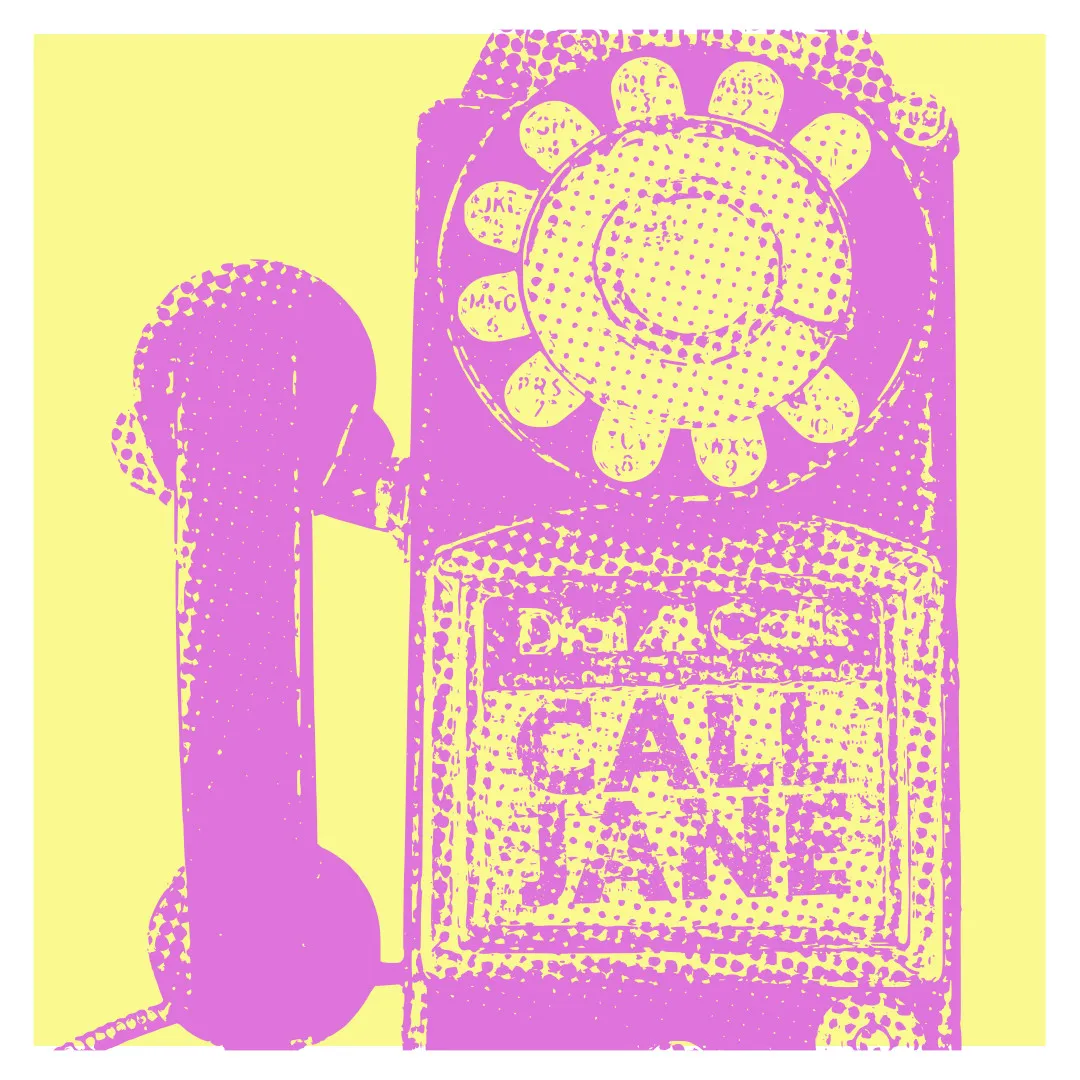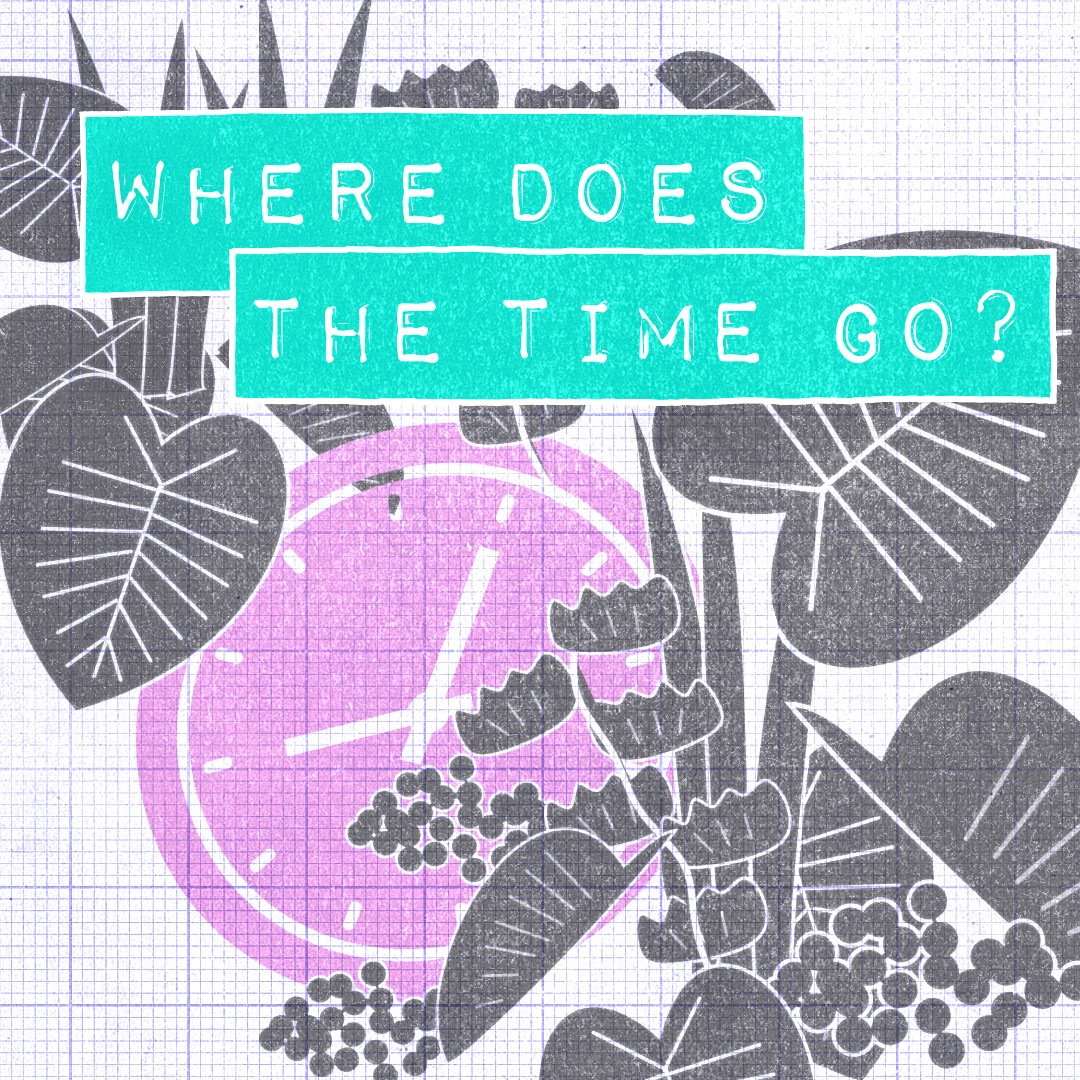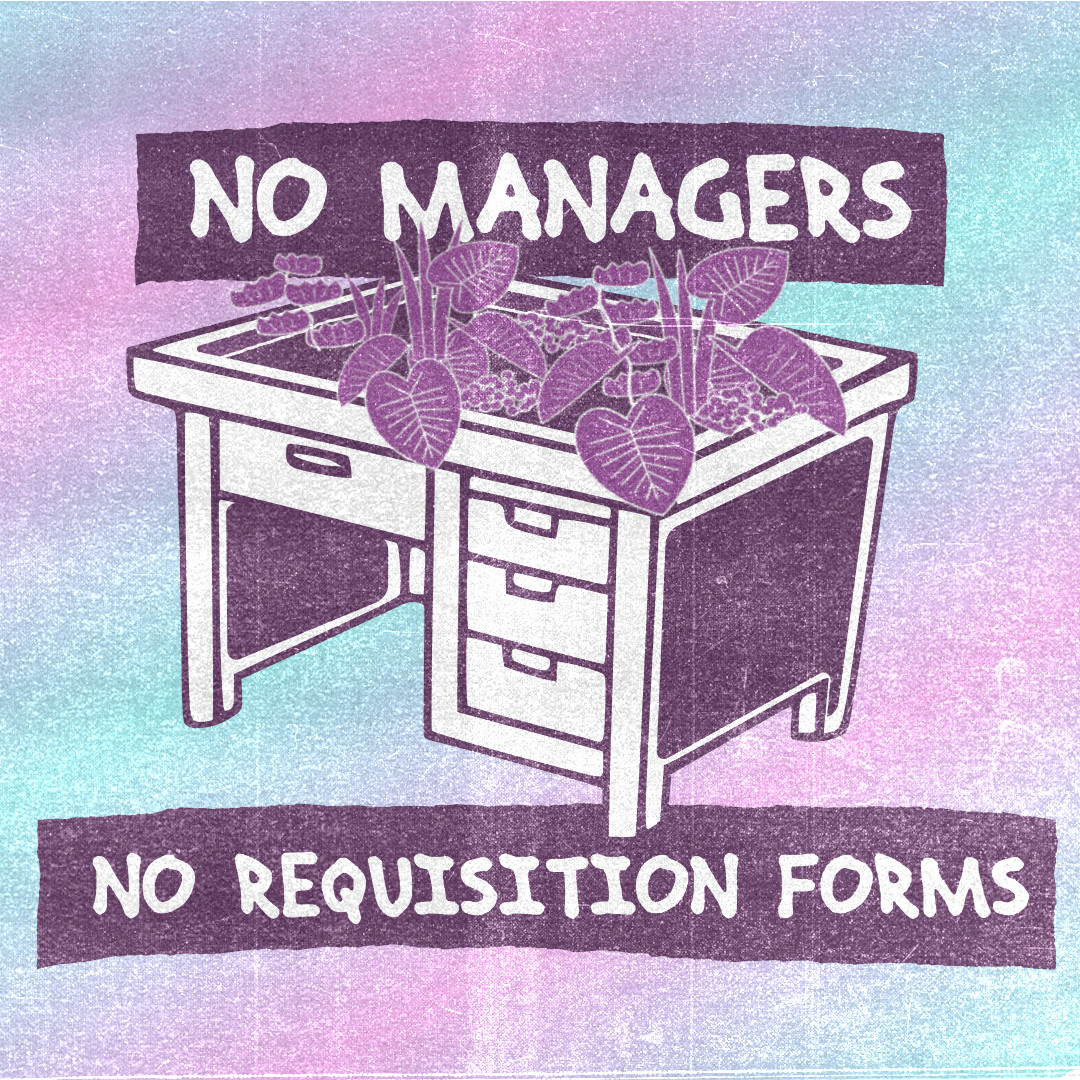Last week I was reading The Care Manifesto, a book that calls for a world based on care at every level— from individual relationships, to communities, states, and the economy. It’s a book worth reading and I’ll write about it once I’ve digested it a bit more. It’s sadly ironic to have been reading it in a week when the US Supreme Court has gone against the beliefs of a majority of Americans to make the country even more widely uncaring than it already is. Worse than uncaring: anti-caring?
I’ve been thinking about how, even in the most hostile of situations, people find ways to care for each other. It’s especially true of people who’s bodily autonomy is routinely taken away (people who are Black and brown, indigenous, LGBTQ+, disabled, poor, working, able to get pregnant, just to name a few). When the official structures fail to provide (or even allow for) needed care, folks often create their own networks. They shouldn’t have to, but the stories are nonetheless amazing.
There’s a diverse history of underground, informal, and clandestine healthcare networks: Black women midwives and healers during enslavement, Jim Crow, and onward; the support systems gay men (and others) created during the AIDS/HIV pandemic; the street medics who treat protestors who have been attacked by the police; the local healing knowledge that people around the world have held on to, despite colonialism. There are so many too-little-known stories. If you have any stories to share, please let me know!
A better world is possible. Subscribe to learn how to build it!
Calling Jane
I want to share some notes on one of these clandestine organization, the Jane Collective, which I learned about from my partner, Caroline, who writes the wonderful epistolary micro-memoir Garbage Zen (check out her post about how women make sense of their own experience of having an abortion).
The Jane Collective, officially called the Abortion Counseling Service of Women’s Liberation, was based in Chicago and helped an estimated 11,000 people terminate pregnancies between 1969 and 1973, a time when abortions were illegal. It was started by a University of Chicago student, Heather Booth, who began helping friends (and friends of friends) locate underground abortion providers. Soon, she was getting too many calls to handle alone, so she got help and the organization was born. They posted ads on bulletin boards and in alternative publications inviting women to “call Jane,” the collective pseudonym for the participants. At first, Jane helped women find doctors (who were overwhelmingly male) to perform the procedure. Later, after discovering that one of the providers had lied about his credentials, several members learned to safely administer the procedures themselves.
In 1972, seven members were arrested by the Chicago Police. The “Abortion 7,” as they were sometimes called, each faced up to 100 years prison sentences. The Roe v. Wade decision came while they were awaiting trial, obviating the case. Jane disbanded shortly after legal abortions became available.
Even under the hard conditions required by secrecy, Jane created a safe alternative women’s health network, built from the start around respecting women’s bodily autonomy, guaranteeing access, and centering real care needs— something mainstream medicine still has never, in general, managed. There were no known fatalities from their procedures and very few complications (at a time when 1 in 3 women having abortions had to be hospitalized). They kept the cost of the procedure low, provided help for women who couldn’t afford it, and worked to break down racial barriers. Toward the end of the organization’s life, they were beginning to take on more kinds of health support. I could imagine an alternative history where Jane and similar organizations could have become the core of a whole new, more humane, care system.
None of it should have been necessary, but the stories of what they accomplished are amazing.
Here are some links to learn more about the story:
An article that outlines the story in more detail: Jane Recker. “When Abortion Was Illegal, Chicago Women Turned to the Jane Collective.” Smithsonian Magazine.
A deeper dive into the context: Rachel Benson Gold, “Lessons from Before Roe: Will Past Be Prologue?” Guttmacher Institute. September 22, 2004.
A zine of documents from and about Jane (also the booklet that Caroline handed me when we were talking about pre-Roe v. Wade abortion networks): Chicago Women’s Liberation Union and Firestarter Press, Jane: Documents from Chicago’s Clandestine Abortion Service, Firestarter Press, 2004.
A definitive history of the organization: Laura Kaplan, The Story of Jane: The Legendary Underground Feminist Abortion Service. Westminster: Knopf Doubleday Publishing Group, 2016.
There’s a dramatized movie called “Call Jane” with Elizabeth Banks that premiered at Sundance and is slated for US release in October.
- Another movie with Michelle Williams, called “This is Jane”, is in production.
- Oral histories of the participants from the Chicago Women’s Liberation Union’s Herstories Project.
- Reflections from someone who was a clandestine abortion referral counselor where there wasn’t such a robust network: Piper Winkler
- T and Carol Giardina, “I Helped My Classmates Get Illegal Abortions Before Roe. We Can’t Go Back.” Jacobin, 5/21/22.
- And a reflection from Heather Booth, one of Jane’s founders, on the SCOTUS decision: “Founder of the Jane Collective Is ‘Horrified But Not Shocked,’” Jezebel, June 24, 2022.
A preview for a documentary by Tia Lessin and Emma Pildes that HBO put out earlier this month: “The Janes”: The Women Who Formed a Collective to Provide Safe Abortions Before Roe v. Wade, 2022.
Underground again
Jane wasn’t the only clandestine abortion network and Roe v. Wade didn’t end the need for these organizations, which has been increasing for decades. Heartbreakingly, it seems that they will be once again vital to meet the crisis until political action can turn things around.
Here are a few links to contemporary activities:
An article about how to protect online privacy when search for abortion related info: Heather Kelly, Tatum Hunter, Danielle Abril, “Seeking an Abortion? Here’s How to Avoid Leaving a Digital Trail.” Washington Post, June 26, 2022.
Abortion funds have long been helping people get access to abortions and they have pledged to continue. There are funds set up across the country. Here’s the umbrella organization: National Network of Abortion Funds
An article that looks at the background history of abortion funds: Katie Moore, “‘Radical Acts of Community Care’: Lessons from Bail and Abortion Funds,” KENNEDY SCHOOL REVIEW. September 17, 2019.
An article about the networks Black women in the South have already had to build: Char Adams and Bracey Harris. “Black Women in the South Have Been Bracing for Roe’s Fall for Decades.” NBC News, 5/2/22.
An article on the underground network of abortion providers that is already operating: Lizzie Presser. “Inside the Secret Network Providing Home Abortions across the US.” The Guardian, August 27, 2018.




